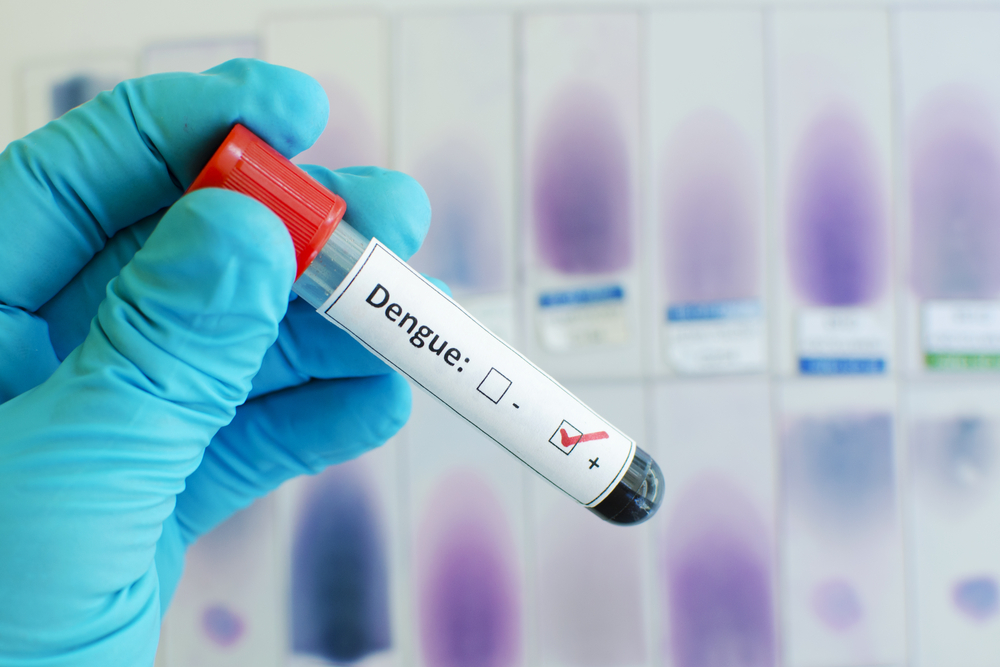
Researchers from the University of Queensland in Australia and China’s ZhuJiang Hospital recently led a study that identified an antibody that binds to and kills all four types of dengue virus, which could lead to improved vaccines and drug therapies.
The researchers also exposed the structural basis of the antibody, providing insight into how it attacks dengue viruses. The study also revealed information about the mechanism that enables the dengue virus to enter cells.
These discoveries could shed light on why some vaccines may not work while informing dengue drug design, Dr. Daniel Watterson, joint first author of the paper with Dr. Jie Li, said.
“As it recognizes all four dengue virus types, it provides the basis of a safe and broad-spectrum anti-dengue therapy as well as informing the next generation of dengue vaccines,” Watterson said.
The antibody discovered by the researchers can block entry to the host cell. Head of the University of Queensland School of Chemistry and Molecular Biosciences Professor Paul Young said the study revealed an important antibody-binding site on the dengue virus.
The dengue virus particle expands its outer shell as a response to temperature, other studies have found. When the researchers of this study examined the various breathing stages, they found that the antibody-binding site was still concealed, Young said.
“So our work indicates that there must be other, more open states of the virus, Young said. “The findings have identified a new virus control target, a potential Achilles heel.”




